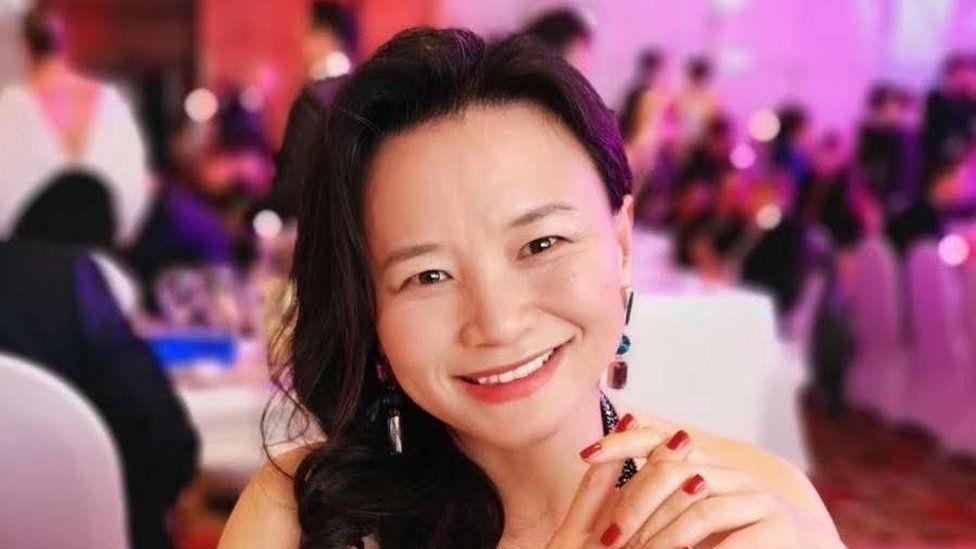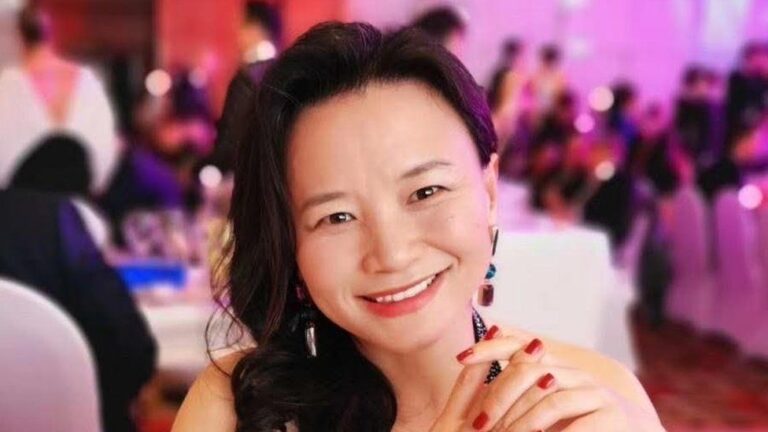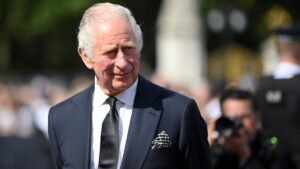Journalist Cheng Lei has returned home to Australia after more than three years of detention in China.
“She was met at the airport by the Foreign Minister Penny Wong,” Australia’s Prime Minister Anthony Albanese said, announcing her release.
Cheng Lei, 48, was working as a business reporter for China’s state-run English language TV station CGTN when she was arrested on 13 August 2020.
She was later accused of “illegally supplying state secrets overseas”.
Her charges were never made public.
Ms Cheng was freed as frosty relations between Canberra and Beijing appear to be thawing. Tensions between the two countries deepened during the pandemic, which led to a Chinese ban on Australian exports like barley, coal, and timber. Those blocks were lifted earlier this year, the first signs of a gradual easing of the diplomatic impasse.
On Wednesday, following Ms Cheng’s release, Mr Albanese said it would facilitate his trip to China at a “mutually agreed time” this year.
He added that Ms Cheng has been reunited with her two children in Melbourne.
“Her return brings an end to a very difficult few years for her family. The government has been seeking this for a long period of time and her return will be warmly welcomed not just by her family and friends but by all Australians,” Mr Albanese said, adding that he spoke to Ms Cheng over the phone earlier on Wednesday.
He noted that her case “was concluded through the legal processes in China”.

After her arrest in China,Ms Cheng spent the first six months of her detention in solitary confinement without charge.
Last March, she was tried in secret in a Chinese court. Australia’s ambassador to China Graham Fletcher, tried unsuccessfully to gain entry to the court to witness proceedings. Her family also did not know the charges she faced.
Her charges were never made public.
Ms Cheng was freed as frosty relations between Canberra and Beijing appear to be thawing. Tensions between the two countries deepened during the pandemic, which led to a Chinese ban on Australian exports like barley, coal, and timber. Those blocks were lifted earlier this year, the first signs of a gradual easing of the diplomatic impasse.
On Wednesday, following Ms Cheng’s release, Mr Albanese said it would facilitate his trip to China at a “mutually agreed time” this year.
He added that Ms Cheng has been reunited with her two children in Melbourne.
“Her return brings an end to a very difficult few years for her family. The government has been seeking this for a long period of time and her return will be warmly welcomed not just by her family and friends but by all Australians,” Mr Albanese said, adding that he spoke to Ms Cheng over the phone earlier on Wednesday.
He noted that her case “was concluded through the legal processes in China”.

After her arrest in China,Ms Cheng spent the first six months of her detention in solitary confinement without charge.
Last March, she was tried in secret in a Chinese court. Australia’s ambassador to China Graham Fletcher, tried unsuccessfully to gain entry to the court to witness proceedings. Her family also did not know the charges she faced.



























